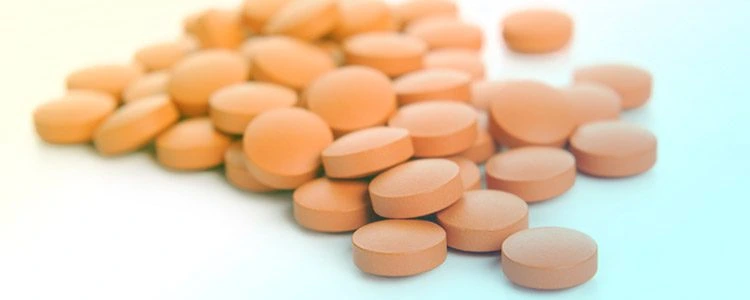Clonidine Abuse
Clonidine is a medication used to treat anxiety, high blood pressure, and the symptoms of alcohol or opioid withdrawal. Clonidine is a depressant medication considered less harmful than opioids. However, there is still a risk of addiction to this medication, which can have harmful long-term consequences. Using clonidine with other drugs intensifies the effects, which has prompted studies examining whether this medication should be used to treat addiction to other substances, especially among high-risk populations. Other factors contributing to clonidine’s abuse risk are its cheap cost, easy attainability, and the limited awareness of its abuse potential. By learning more about this medication, you can increase your chances of preventing abuse and addiction.

If you are concerned that a loved one is abusing or addicted to clonidine, look out for the following signs:
- Strong urges to use clonidine
- Inability to control use of clonidine
- Failing to fulfill work or school responsibilities
- Using despite relationship problems
- Using in dangerous or risky situations
- Giving up important activities in favor of use
- Experiencing withdrawal symptoms
If someone exhibits two or more of these clonidine abuse signs within a year, they likely meet the criteria for addiction. Withdrawal symptoms consist of:
- Headache
- Lightheadedness
- Nervousness
- Insomnia
- Anxiety or depression
- Dizziness
- Tremors
- Nausea
Addiction occurs when the body develops a dependence. This can happen while using the drug according to a prescription, but clonidine drug abuse behaviors will greatly increase the risk of addiction.
Consequences of Clonidine Drug Abuse
One of the most significant consequences of clonidine abuse is the risk of overdose. Overdose is a serious matter and can be fatal. The symptoms include:
- Low body temperature
- High blood pressure
- Drowsiness
- Weakness
- Irritability
- Difficulty breathing
It’s important to contact emergency services and/or poison control in the event of an overdose. A clonidine overdose can cause an abnormal heart rate, seizure, or coma and should not be taken lightly.
Find a Rehab for Clonidine Addiction
Finding an addiction treatment program for yourself or a loved one can be difficult. A successful recovery depends on finding a program that is a good fit for the individual, and there are many questions to ask and options to consider. But when you contact BetterAddictionCare, you can receive compassionate and knowledgeable assistance from our treatment specialists. We can help you create an individualized plan for cost-effective treatment at a rehab near you. If you want to start healing with BetterAddictionCare, call now or fill out our contact form.





